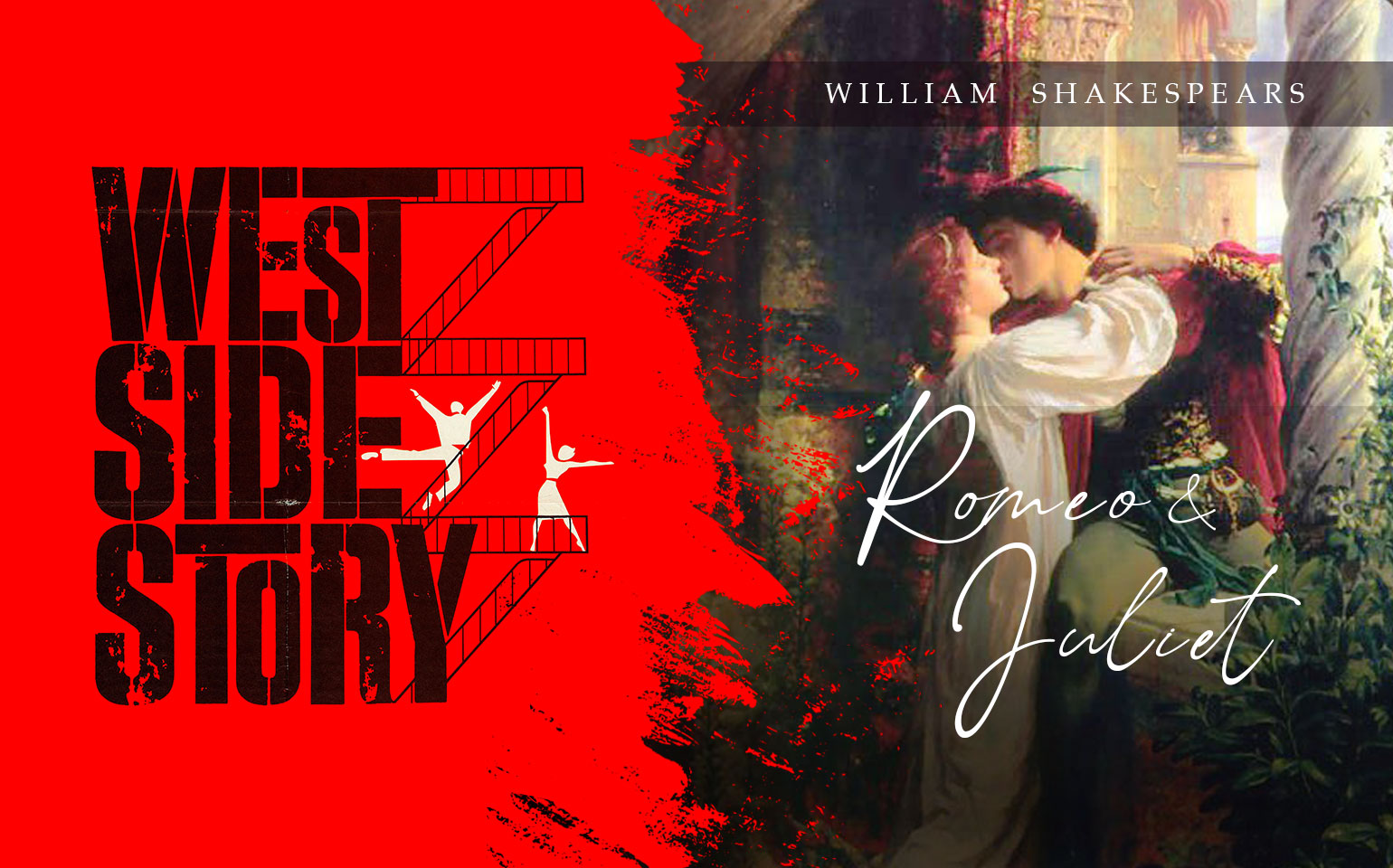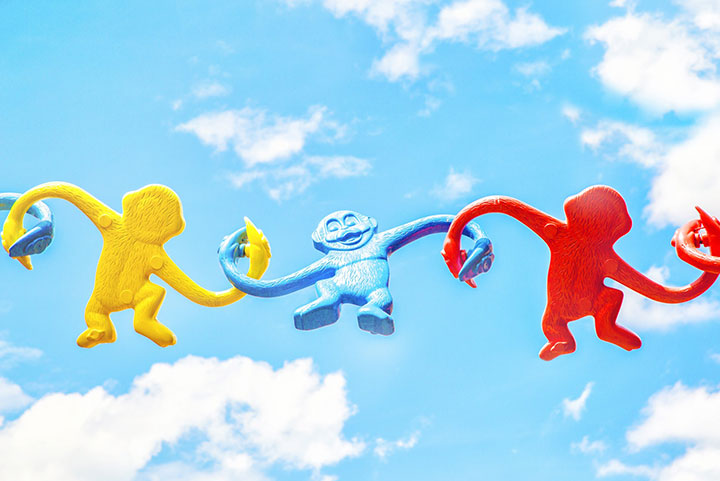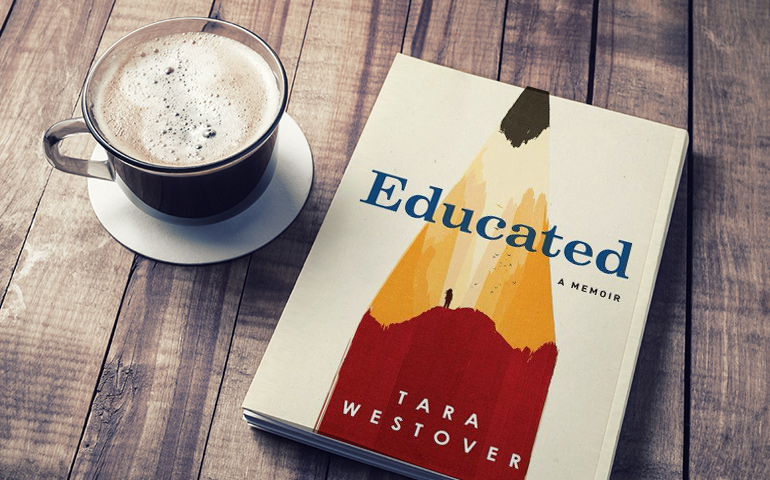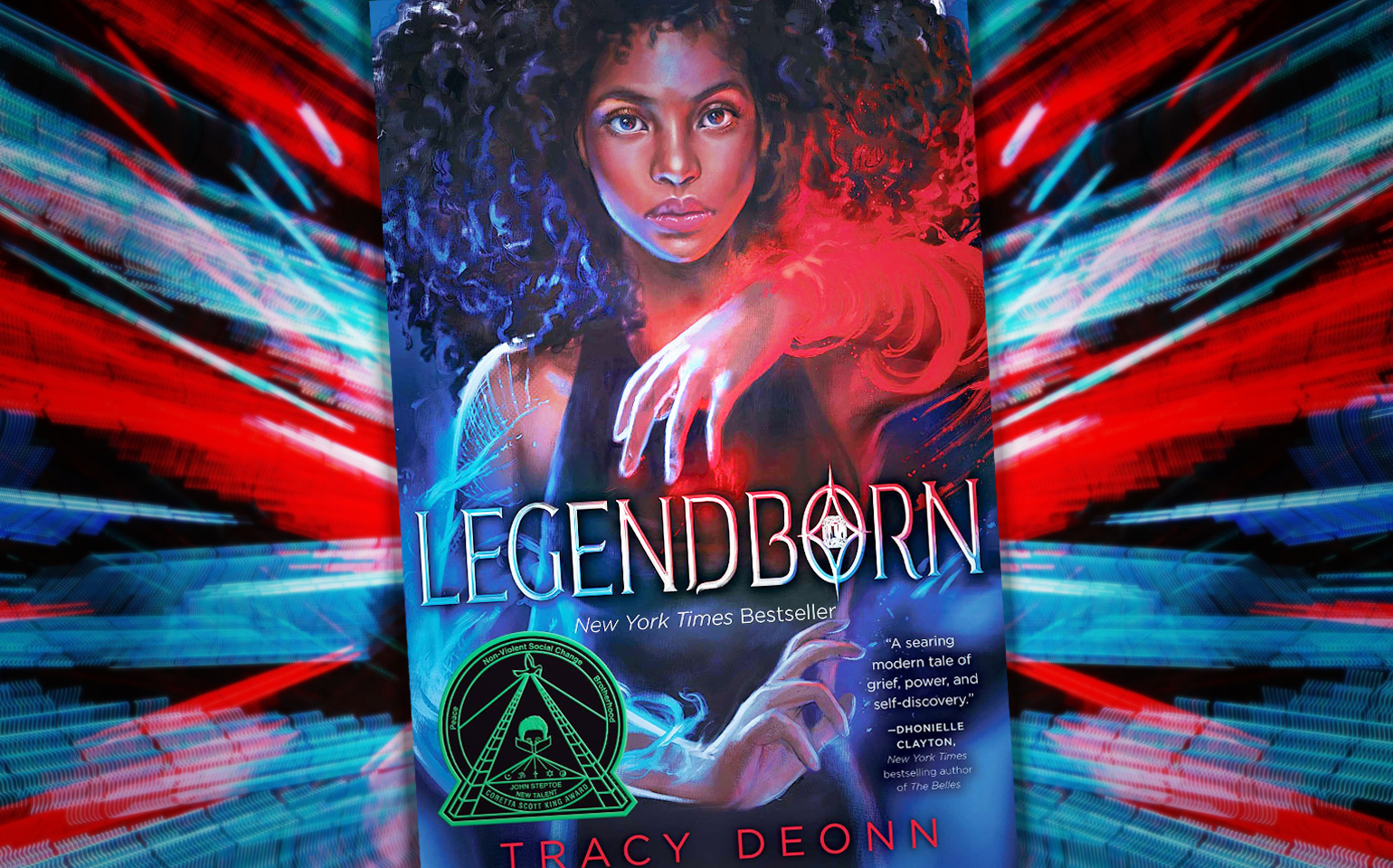
Classic Literature in the 21st Century: Why It’s Still Relevant
From middle school, and perhaps even before, we’ve all been exposed to different examples of classic literature. I’m talking Wordsworth, Bronte, Poe, and everyone’s favourite, Shakespeare. When I was young I never had much of an interest in classic literature, my main reasons being the time periods and the language used. Today’s books are written in more of a casual tone, using modern-day English. It wasn’t until middle school that I began to question the necessity of classic literature and whether it’s still relevant today.
The first introduction I had to classic literature was Edgar Allan Poe’s timeless “The Tell-Tale Heart.” I was then exposed to many of his other works, including “The Cask of Amontillado,” “The Masque of the Red Death,” and “The Raven.” What lured me in was how exquisite his writing style and storytelling was. This same curiosity burned inside me as I was introduced to Shakespeare with Macbeth. Though it was a gruesome tale, I found that like all writers do, Shakespeare penned his plays in his own magnificent manner. His characters had such depth that was visible just through their dialogue, a feat that is difficult to accomplish. Throughout high school, I read The Merchant of Venice, Hamlet and my personal favourite, Romeo and Juliet. I had this same intrigue when I dove into William Wordsworth and the Bronte sisters. I know that for many, the older English writing style isn’t for them. I’m sure most students dread the moment their English teacher announces that the next unit will revolve around some classic work of literature. Because let’s be honest, is it even relevant anymore?
As I said, there was a time when I wondered the same thing. Why do we bother reading plays from the 16thcentury? Reading books from the 17th and 18th centuries? There was no technology back then, what difference do those stories make to today’s entertainment? True, there weren’t any movies, nor the YA fiction or musical artists we have today, but hear me out. We’ve all watched The Lion King, cried some tears, went hakuna matata, and made it one of the greatest box office hits of all time. After reading Hamlet, I have been able to enjoy Simba’s story in a whole new light. Though the movie wasn’t based on the play, the similarities are uncanny. An uncle who kills his brother to become king? The young prince sent away? The dead king coming back as a ghostly vision? The Lion King is nearly a lighthearted retelling of Hamlet. I’ll bet you can never watch it the same way again. Also, I’m sure we’ve all used the phrase “To be, or not to be, that is the question.”
This famous quote known the world over is from Hamlet, spoken during one of the many scenes where our lead contemplates death. The recently released movie, West Side Story, a retelling of Shakespeare’s star-crossed lovers’ tale would be nonexistent, had he not written that play all those centuries ago.
One of the more obvious references to classic literature is a well-known song for any Swifties, “Love Story.” The song is almost like Romeo and Juliet Taylor’s Version, with a happy ending. Taylor Swift makes many wonderful references to classic English literature in her songs. In two songs, “Happiness,” and “This Is Why We Can’t Have Nice Things” she references Fitzgerald’s The Great Gatsby. In “Happiness,” Swift quotes Daisy with the line “I hope she’ll be a beautiful fool.” In the latter, she mentions the novel’s title directly with the line “Feeling so Gatsby for that whole year.” A more subtle connection is to Wordsworth in her song “The Lakes,” referring to the Lake District in the UK, where the great poet once lived. She also mentions his name in the song in a clever way when she says, “Tell me what are my words worth.” As a Taylor Swift fan, knowing these references, definitely gives me joy.
Of course, some of the more well-known classics in the 21st century are the fairy tales by the Brothers Grimm. Today, we likely know their fairy tales as told by Disney. If the Brothers Grimm had never written Rapunzel, we would never have Disney’s Tangled. That iconic scene with the boat and floating lanterns? It would’ve never existed. For those of us who are more bookworms than moviegoers, imagine if many of those Marissa Meyer retellings were never there. Cinder wouldn’t have started out The Lunar Chronicles. If we want to talk prequels, our beloved joker, Jest, never would’ve had his story in Heartless if Lewis Carroll hadn’t written Alice’s Adventures in Wonderland. In the same book, Raven’s character often says “nevermore,” a reference to Poe’s poem “The Raven.”Many of the books, movies, and songs we hold dear to our hearts wouldn’t be if the classic literature hadn’t been there to inspire it. Even today we still listen to, watch, and read that which is based off all the classic literature that was dreaded in school. So long as the classic stories inspire and continue to be retold, their relevancy will remain.



